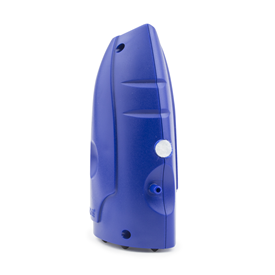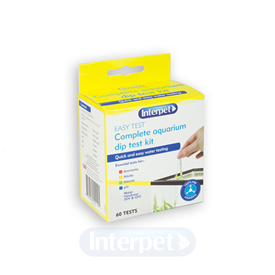Our Diagnosis
It sounds like your aquarium water is too soft
How to be sure
GH – 0 °dH / KH – 0 °dH
VERY SOFT – This water is too soft for most fish.
GH – 3-7 °dH / KH – 3-6 °dH
SOFT – Generally acceptable for most community aquarium fish. Perfect for acidophiles (acid loving fish) like neon tetra.
Water hardness is the measure of the total dissolved salt content in water or the quantity of certain metallic ions. Namely, calcium and magnesium although calcium is the most significant. These ions are generally present as either hydroxides, carbonates or bicarbonates. The general hardness (GH) refers to the total content of these combinations of salts and can be divided into carbonate hardness (KH), which can be removed through boiling the water, and permanent hardness, which remains after boiling. Fish require a stable pH to thrive and this is provided by a high KH. As hydrogen ions are released into the water through nitrification and respiration, among other factors, the aquarium pH would drop. A high KH acts as a sponge to soak up these ions and prevent the pH from dropping. Water changes and KH buffer treatments should be used to prevent the KH from dropping too low. Water hardness can also have a significant impact on fish osmoregulation, blood pH, kidney function and egg development.
Step 1 – Treat your aquarium
- Add commercial KH salts or perform water changes with tap water to raise the hardness.
- Another option is to add crushed coral or limestone to your aquarium.
Step 2 – Support your fish
- Dose with Aqualibrium First Aid Salt – it helps boost your fish’s ability to cope in these stressful conditions.
- If your fish are gasping at the surface, increase oxygen levels by adding an air pump.

